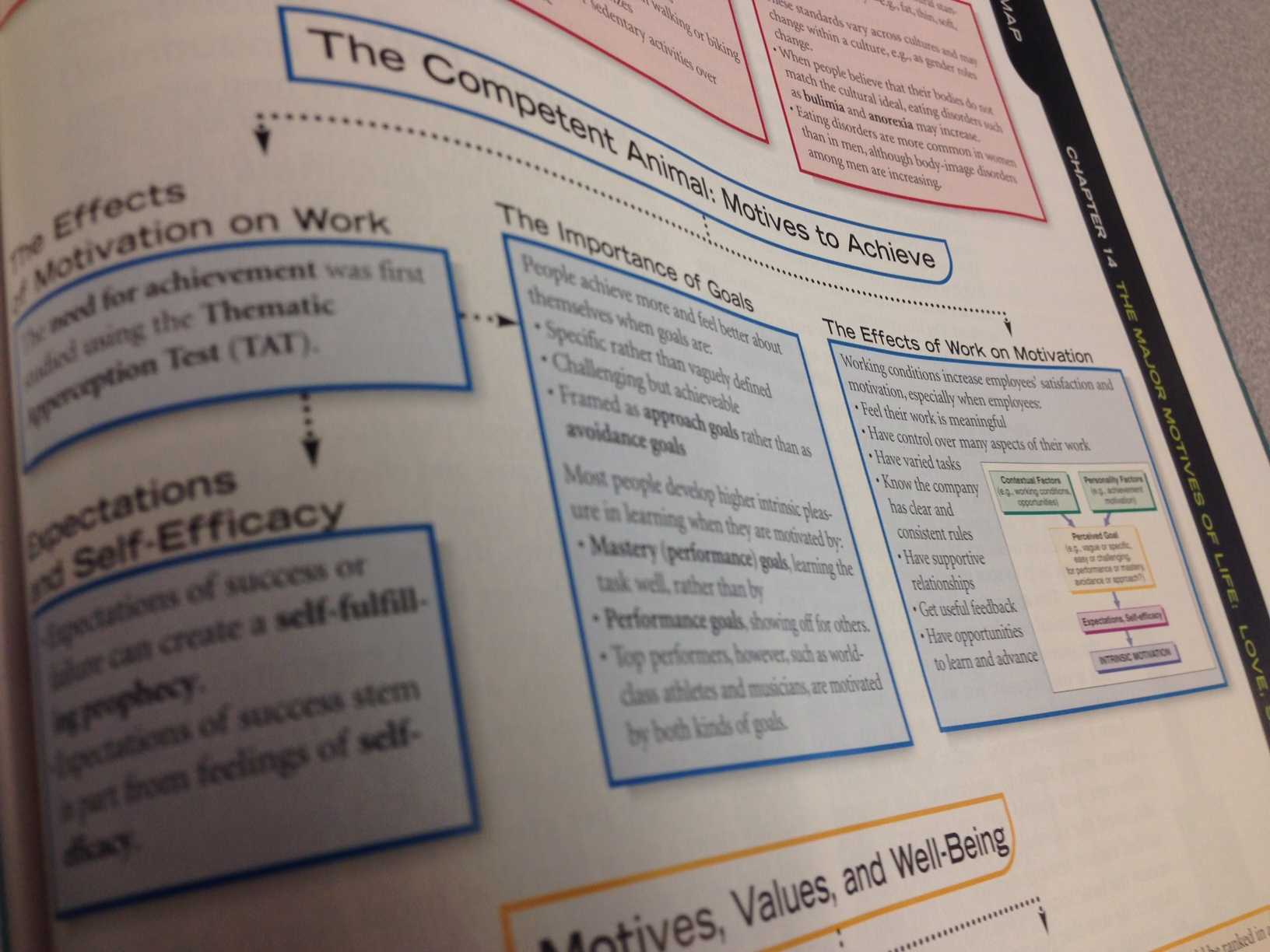Resolutions to Dissolution
January 22, 2015
On December 31st everyone gets together to celebrate the soon approaching New Year. So many people love and celebrate this day because for most, it is a fresh start or a new beginning. January 1st , the day after all the parties and chaos, is the start of a year full of new resolutions and accomplishments to make this year just a little bit better than the last. But where did these “new years resolutions” come from?
Babylonians promised their gods that they would return all objects they stole and pay their debts each year. Romans began each year by promising to the god Janus (which comes from January). In medieval times, knights took the “peacock vow” at the end of Christmas to affirm their commitments to chivalry. Christians prepared for the year by praying and making these resolutions. During the ten days between Rosh Hashanah and Yom Kippur, Jews reflect on their wrongdoings and ask for forgiveness.
From January to April, more faces are seen at gyms to achieve the common resolution: lose weight, go to the gym, eat healthier, or just live a better lifestyle. Revenue doubles at the YMCA and their “Annual Weight Loss Challenge” is a great incentive to start the New Year.
The Top Ten Resolutions for New Years 2015 are:
- Lose weight
- Get organized
- Spend less money and save more
- Enjoy life to the fullest
- Stay fit and healthy
- Learn something exciting
- Quit smoking
- Help others achieve their dream
- Fall in love
- Spend more family time
45% of Americans make the above resolutions while only 8% actually achieve them.
MDO asked our classmates at MHS to hear what they had to say about their New Years resolutions.
Some common ones were:
- Eat healthier and less junk food/candy
- Go to the gym
- Make money
- Apply, get in and go to college
- Graduate
- Get better grades
- Do better in sports
- Fight less with family and spend more time with them
- Do more homework
- Save money
Some a bit more original were:
- Wake up early
- Go to school more often
- Dress nicer for school
- Sleep more
- Drink more water
- Watch the news
- To not wish time away
- Read more
- Spend time writing everyday
- Stop comparing myself to people
- Not take life so seriously
Statistics show not even half of Americans keep up with their resolutions. So how did MHS do?
As you may have inferred, numbers don’t lie. After catching up with most of the students surveyed just two weeks after New Year’s, resolutions have already been ditched.
“I went to the gym like one day,” chuckles one junior who requested anonymity. “I just have way too much to do. Plus, I already play a sport. I would enjoy being in better shape, but its a struggle to find the motivation.”
“It makes me sad to see all these people out running because I know they have these New Year’s resolutions,” explains senior Georgia Turvey, “I wish they would just stick with them, but the track starts to go empty a week or two after New Year’s every year.”
And, there is an explanation for all of this activity.
“It starts with motivational theory or what’s called the ‘motivational train’,” AP Psychology and Human Behavior teacher Ms. Linda Wagner details, “There has to be a need or want. Then there is a drive to fulfill this need or want which causes an energized state.”
From this drive and energized state comes some attempt at reaching the goal. This is officially termed ‘Goal Oriented Action.’
“But here is where we meet our new year’s resoluters,” Wagner contends. “Goal oriented action is very difficult to sustain. Some reach their goal, but most of our people will fall into ‘attrition.’ ”
Attrition by definition is the action or process of gradually reducing the strength or effectiveness of someone or something through sustained attack or pressure. In this case, the attack or pressure is hard work to reach a goal.
Wagner continues that “even if you reach your goal, there is often a need reduction. Basically when a goal is reached, some people will feel they don’t need to work anymore to sustain success and the drive is lost. So, we head back to attrition.”
Every year, the infamous New Year’s Resolution appears to display exactly why SAYING is less important than DOING. Obviously, the idea of reaching a goal at the end of the road is more pleasing to people than the work actually required to get there.
Leave a comment below and let us know what you think.
Sources
http://www.kmvt.com/news/latest/How-New-Years-Resolutions-Affect-Local-Business-287469221.html
http://en.wikipedia.org/wiki/New_Year’s_resolution
http://www.statisticbrain.com/new-years-resolution-statistics/

Libby Johnson • Jan 23, 2015 at 10:34 am
I heard that if you write a resolution down and put it where you can see it, you are more likely to keep it.